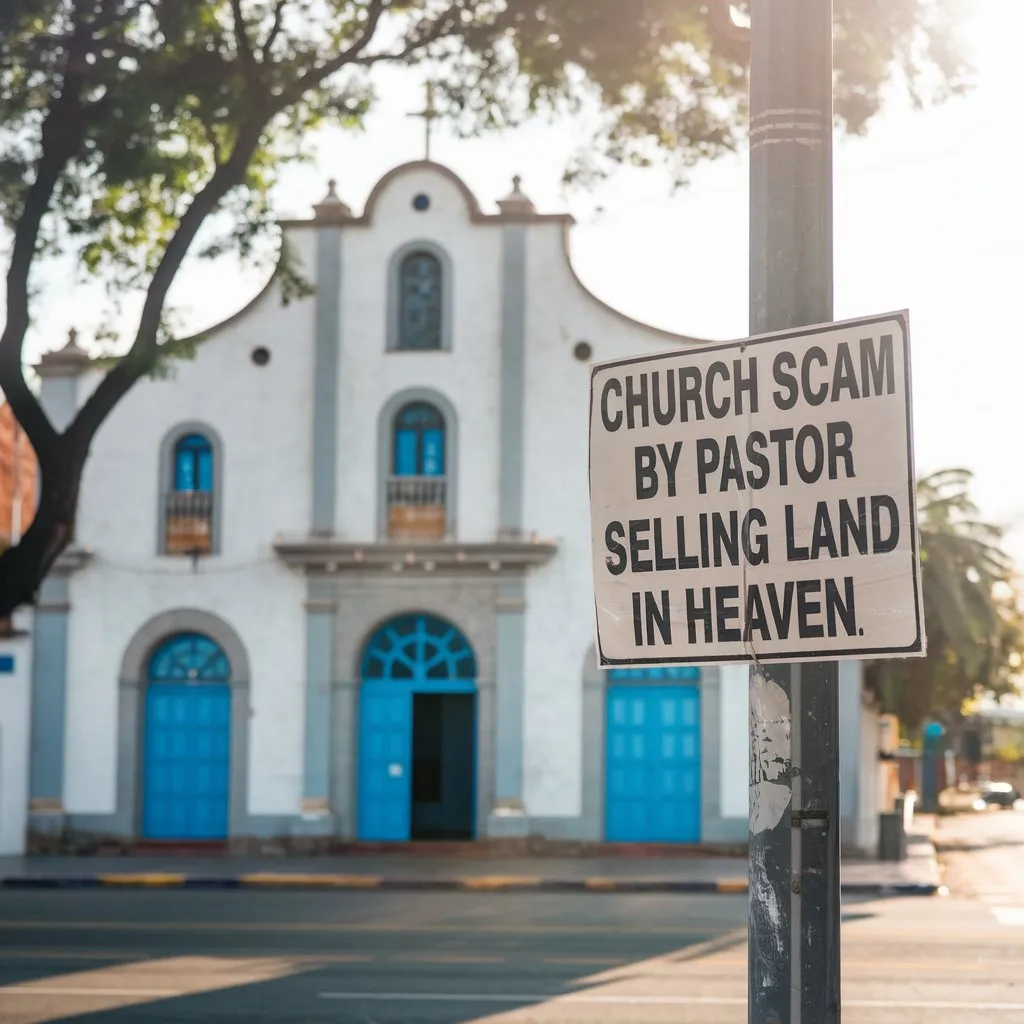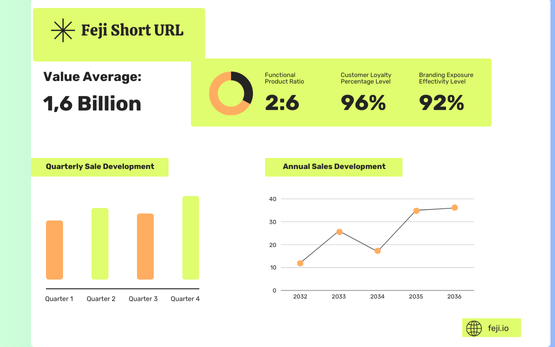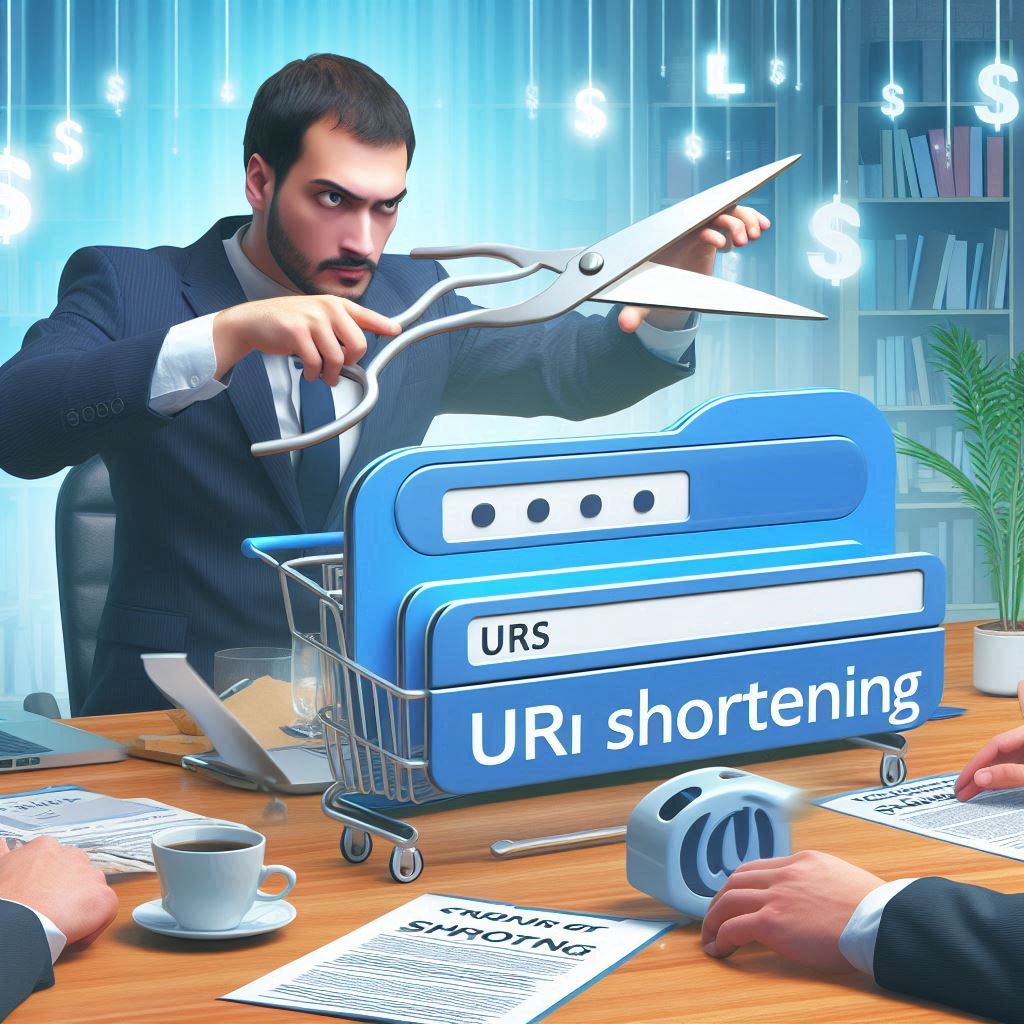In a bizarre and controversial scandal, a pastor from Mexico was accused of selling what he described as "land in heaven" to his devoted followers. This unusual practice has stirred up conversations about the ethics and legality of spiritual scams, particularly when vulnerable people are manipulated into spending money for non-existent rewards. The idea of purchasing land in heaven may sound like a plot from a movie, but it has been a reality for many people who believed they were securing a piece of paradise through their faith. So, what exactly does it mean when a pastor selling land in heaven offers to sell heavenly property, and how did this scam unfold in Mexico?
The Concept of Selling Land in Heaven
The notion of "selling land in heaven" is both perplexing and fascinating. For some pastors, it’s a metaphorical gesture—where donations to the church are framed as investments in the afterlife. However, in more extreme cases, pastors make literal claims that they can secure you a plot of land in heaven, guaranteed through financial contributions. This concept preys on deep-rooted religious beliefs and fears of the afterlife, making it a highly effective tool for manipulation.
Origins of the Practice
The origins of pastor selling land in heaven can be traced to religious movements that use prosperity theology to justify wealth accumulation. This idea has been seen in various countries, where spiritual leaders promise health, wealth, and even eternal life in exchange for money. These leaders often take advantage of their authority and the trust placed in them by their followers, convincing them that their donations are directly linked to spiritual salvation.
Metaphor or Reality?
For many, the idea of selling land in heaven is purely metaphorical. It’s a way for religious leaders to encourage donations, with the understanding that the more you give, the more favor you find with God. However, the line between metaphor and reality can be blurred, especially when congregants believe that they are literally purchasing a plot of land in the afterlife. This ambiguity opens the door for exploitation, as was seen in the Mexico church scandal.
The Mexico Church Scandal
The scandal that unfolded in Mexico involved a well-known pastor who claimed he had divine authority to allocate plots of land in heaven. This pastor selling land in heaven managed to convince a large portion of his congregation to pay significant sums of money in exchange for these heavenly properties. The pastor’s promises were compelling, and many of his followers genuinely believed that they were securing their eternal home.
Who Was Involved?
At the center of the scam was a pastor at a Mexican church (let’s call him Mr. A), a charismatic and influential leader in his community. Pastor A was well-respected and known for his persuasive sermons. His claims about the possibility of selling land in paradise quickly attracted the attention of both his congregation and the wider community.
How the Scam Was Executed
Mr. A used emotionally charged sermons to convince his followers that they could secure a place in heaven by purchasing divine real estate. He appealed to their faith, telling them that their contributions would not only benefit the church but also guarantee their place in the afterlife. The payments were framed as a holy investment, and many congregants handed over their life savings, believing that they were ensuring their eternal future through this pastor selling land in heaven scheme.

Legal and Ethical Implications
Is it Legal?
One of the most pressing questions surrounding the Mexico church scandal is whether pastor selling land in heaven is legal. In most countries, including Mexico, the sale of intangible goods that cannot be delivered, such as land in heaven, could be considered fraudulent. However, religious organizations often operate in legal gray areas, making it difficult to prosecute such scams. The case against Mr. A raised significant legal challenges, as there were no existing laws explicitly preventing the sale of "spiritual goods."
Ethical Questions
While the legal aspect of the scam may be murky, the ethical issues are crystal clear. Exploiting someone’s religious beliefs for financial gain is considered highly unethical. In this case, Mr. A took advantage of his followers' trust and manipulated their fear of death to line his pockets. The ethical violation lies not only in the false promises but in the emotional and financial devastation it caused to those who believed in him.
Impact on Victims
Financial Losses
For many victims of this pastor selling land in heaven scam, the financial losses were devastating. Several congregants handed over large sums of money, some even draining their savings accounts in the belief that they were making a holy investment. The allure of securing a place in heaven outweighed the immediate financial consequences, and for many, it wasn’t until after the scam was exposed that they realized the gravity of their loss.
Emotional and Spiritual Consequences
Beyond the financial implications, the emotional and spiritual damage caused by this scam was immense. Many victims were left feeling betrayed by a person they had trusted deeply. For some, this experience caused a crisis of faith, as they struggled to reconcile their belief in a higher power with the actions of their spiritual leader. The emotional toll of being exploited in such a personal way can leave lasting scars.
Public and Media Response
Outrage and Criticism
The Mexico church scam ignited outrage both locally and internationally.Media outlets were quick to report on the pastor selling land in heaven, condemning Mr. A for his deceitful practices. Social media was ablaze with criticism, with many calling for stronger regulations to prevent such scams from happening in the future. The public reaction was one of disbelief and anger, as people struggled to comprehend how someone could exploit faith in such a blatant manner.
Governmental Response
The Mexican government faced pressure to take action against Mr. A and prevent similar incidents from occurring. While religious freedom is protected in Mexico, there were calls for the government to introduce legislation that would protect vulnerable people from spiritual exploitation. In response, authorities began investigating the legal loopholes that allowed this scam to occur, sparking discussions about potential reforms in the law.

Preventing Future Scams
Stricter Regulations
One of the most significant takeaways from the Mexico church scandal is the need for stricter regulations. Religious organizations should not be exempt from oversight, especially when it comes to financial transactions. By introducing clearer legal frameworks, governments can help prevent spiritual leaders from exploiting their followers in this way.
Raising Awareness
Education is another crucial factor in preventing future scams. By raising awareness about the dangers of spiritual exploitation, people can be better equipped to recognize and avoid such schemes. Churches and religious communities have a responsibility to educate their congregants about the potential for abuse and encourage transparency in their financial dealings.
The Mexico church scam, where a pastor selling land in heaven deceived his followers, is a stark reminder of how religious beliefs can be manipulated for personal gain. While the legal consequences may be unclear, the ethical violations are undeniable. This case highlights the importance of stricter regulations and increased awareness to protect people from falling victim to similar scams in the future. Faith is a powerful force, but it should never be used as a tool for exploitation.

 Vietnamese
Vietnamese









Nguyen Hoai Thanh
Nguyen Hoai Thanh is the Founder and CEO of Metaconex. With 12 years of experience in developing websites, applications and digital media, Nguyen Hoai Thanh has many stories and experiences of success to share.